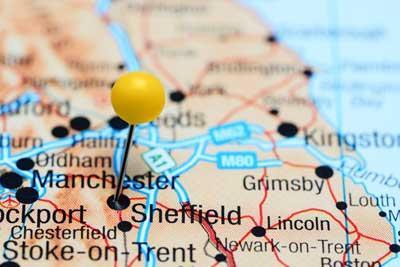
Sheffield has dropped “economically damaging plans” to introduce a Clean Air Zone (CAZ) after Covid-19 showed there were alternative ways of improving air quality without charging businesses.
Following decisions by Bristol and Leeds to change their approach to driving down emissions, Sheffield City Council said the situation was now “dramatically different” compared to when it first developed its proposals.
In a statement, the council said: “The situation has changed significantly and unexpectedly due to the global Covid-19 pandemic and we have seen a drop in air pollution of up to 33% in January to August of this year compared to the same period in 2019.
“We recognise that many businesses and jobs are under unprecedented stress arising from the economic impacts of the pandemic.
“At the same time, following on from the lockdown required to control the spread of the virus, there have been a number of changes to travel behaviour which has led to improvements in air quality.”
Read more
- Leeds Clean Air Zone plan “suspended for foreseeable future”
- Manchester Clean Air Zone pushed to Spring 2022 and HGV charge reduced to £60
- RHA urges government to review clean air policy as Bristol considers scrapping charges
Bob Johnson, cabinet member for transport and development, said: “If we can hold onto clean air by introducing other measures without resorting to charging people, we believe this is the best way forward.
“Alternative measures include incentives for upgrading vehicles, better provision for walking and cycling, and cleaner public transport.”
The RHA’s head of policy on the environment, Chris Ashley, said he was pleased with the change in approach: “With unemployment rising and a highly uncertain economic outlook, the UK government must change course by pausing and reassessing clean air zone policy across England,” he said.
“Like everyone else, we hear reports that air quality substantially improved during Covid-19, and that travel patterns are changing.
“Forcing local authorities to deliver economically damaging plans for clean air zones that were devised in a different world is not appropriate.”













